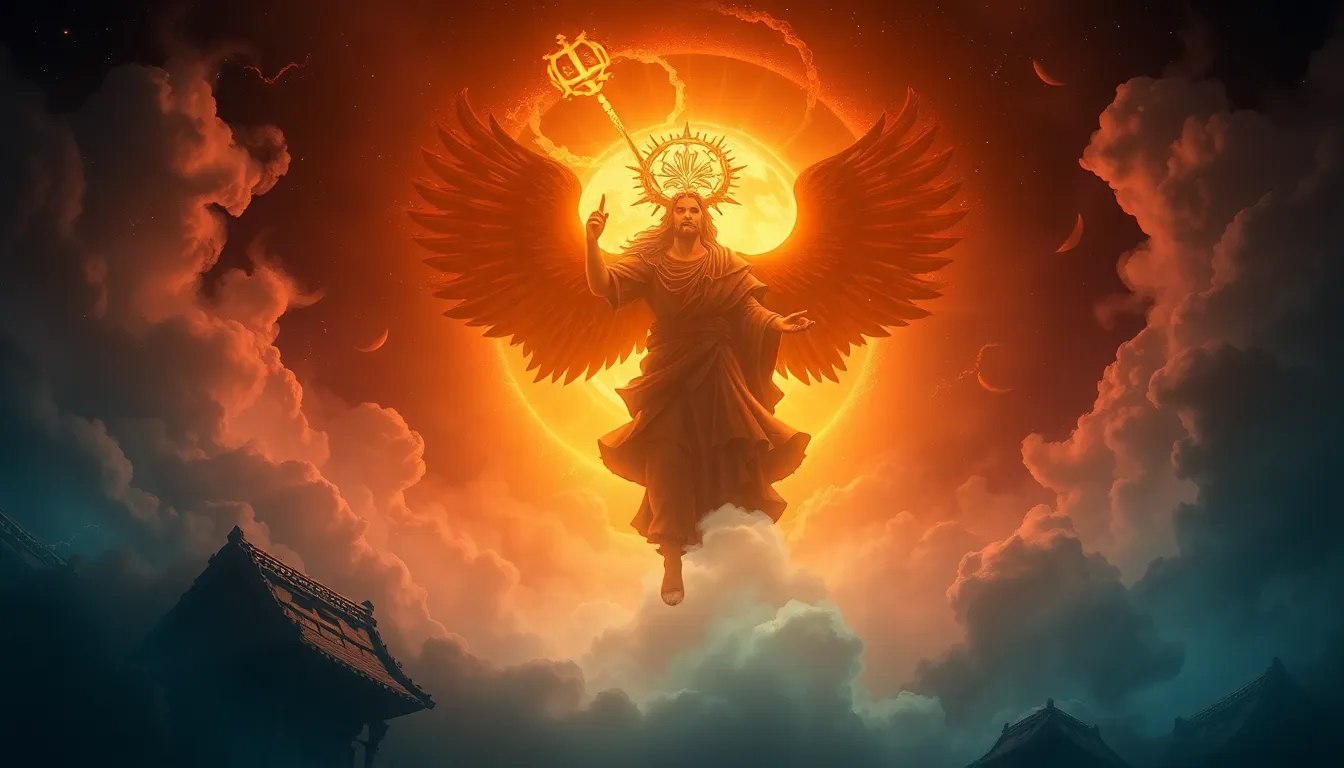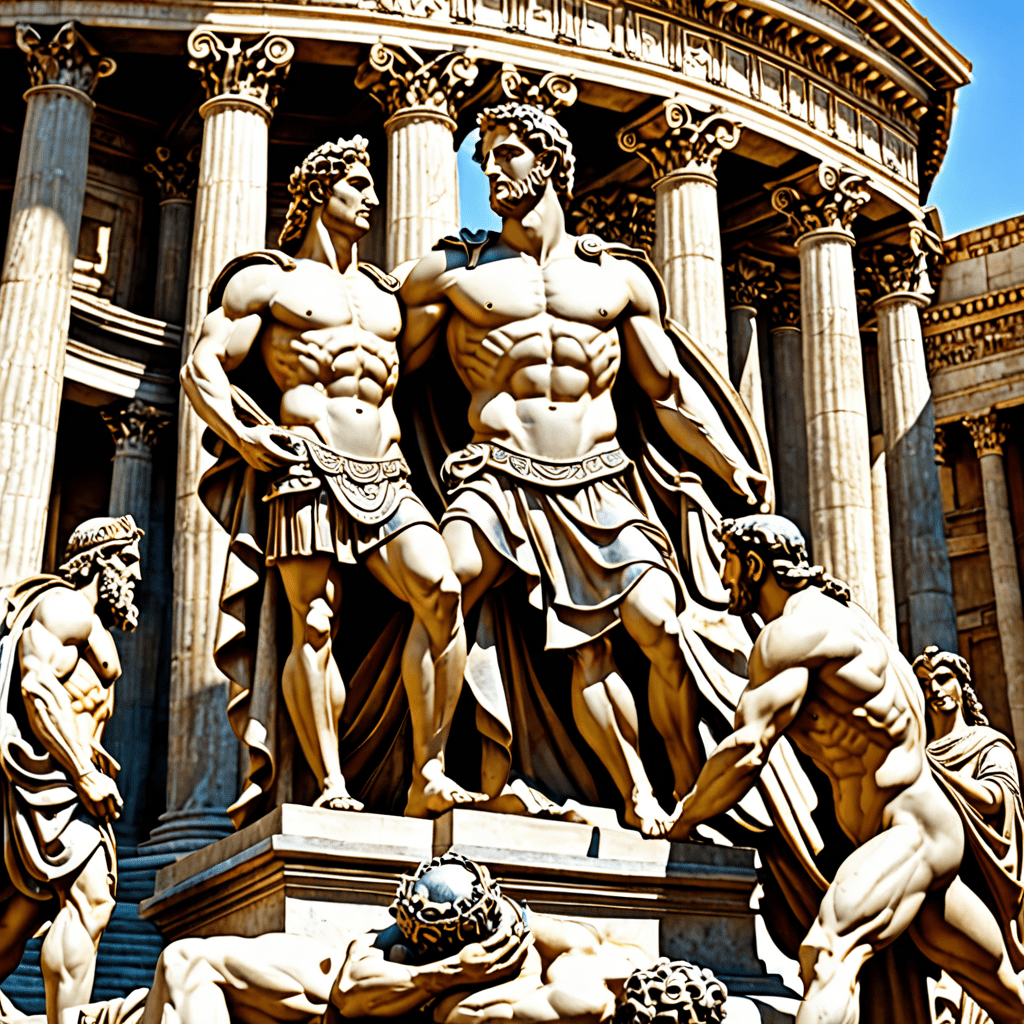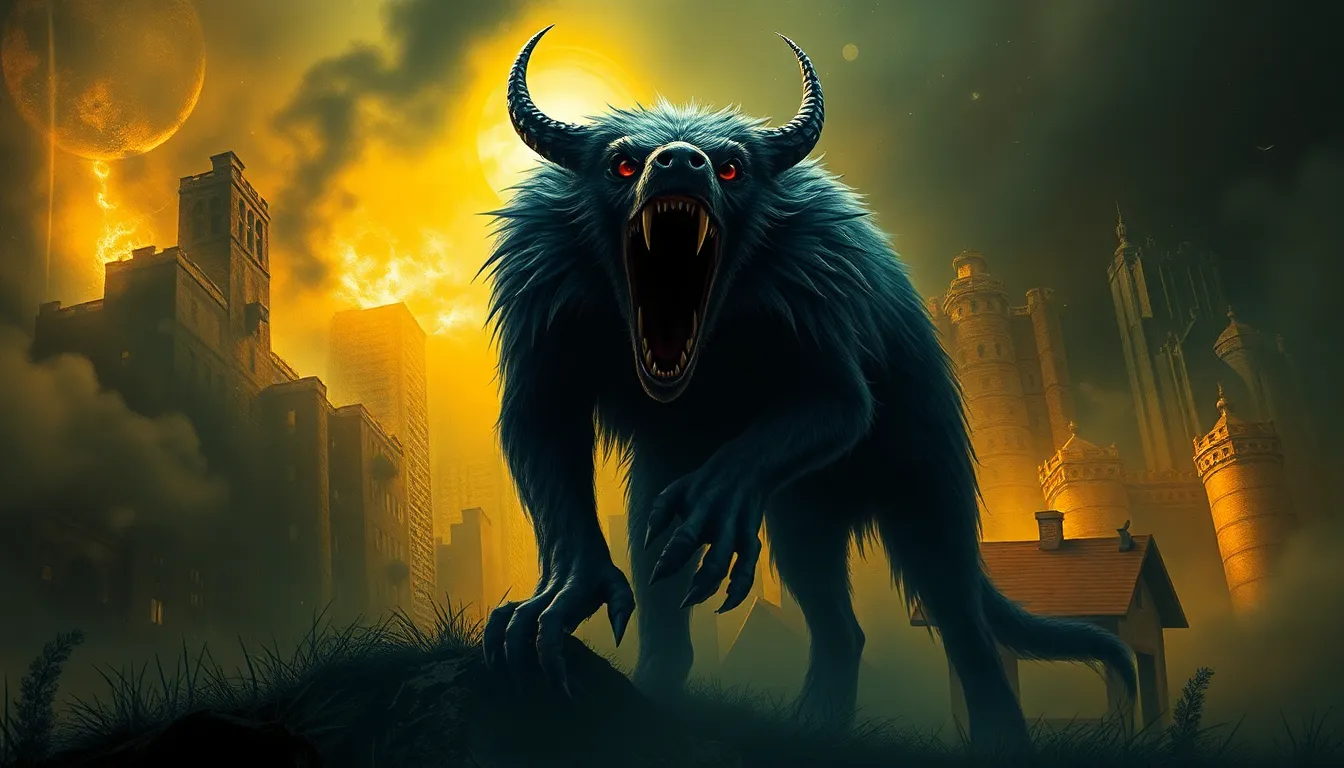The Myth of Virtue: What Legends Teach Us About Goodness
I. Introduction to the Concept of Virtue
Virtue is a concept that has evolved over centuries, encompassing ideas of moral excellence, righteousness, and ethical behavior. Historically, virtue was often defined through the lens of philosophical and religious teachings, which provided frameworks for understanding what it meant to live a good life. In modern contexts, virtue can be seen as a subjective construct, influenced by cultural, social, and personal values.
Legends play a significant role in shaping cultural perceptions of goodness. Through storytelling, societies have conveyed ideals of virtue, providing models for behavior and ethical conduct. These narratives often reflect the values of their time, offering insights into the moral principles that guide human interactions.
II. The Nature of Legends and Their Function
Legends are traditional stories that are often rooted in historical events but are embellished with fantastical elements. They typically feature larger-than-life characters and serve various purposes within a culture. Key characteristics of legends include:
- Originating from a specific culture or community
- Featuring heroic figures and moral lessons
- Passing down wisdom through generations
The primary purpose of legends in moral and ethical instruction is to provide guidance and reflection on human behavior. They often present dilemmas and resolutions that allow individuals to explore complex moral landscapes, ultimately reinforcing societal norms and values.
III. Historical Perspectives on Virtue
Throughout history, various civilizations have crafted legends that encapsulate their understanding of virtue. In ancient Greece, for instance, tales of gods and heroes illustrated moral lessons about honor, bravery, and justice. The stories of Achilles, Odysseus, and Hercules are prime examples of how virtues like courage and loyalty were celebrated.
Similarly, Roman legends often revolved around themes of duty and sacrifice, exemplified by figures such as Cincinnatus, who prioritized the needs of his country over personal ambition. Religious texts, such as the Bible and the Quran, also contain parables that inform modern understandings of goodness, illustrating moral choices in relatable contexts.
IV. Common Themes in Legends of Virtue
Legends often explore several recurring themes related to virtue:
A. Heroism and Sacrifice in Legends
Many legendary figures embody heroism, showcasing selflessness and the willingness to sacrifice for the greater good. These stories inspire individuals to act with courage and integrity.
B. The Duality of Good and Evil in Legendary Narratives
Legends frequently depict a struggle between good and evil, highlighting the complexities of human nature. Characters often face moral dilemmas that test their virtues, leading to profound reflections on right and wrong.
C. The Role of Fate and Free Will in Moral Choices
Some legends delve into the tension between fate and free will, questioning how much control individuals have over their moral destinies. This theme encourages readers to consider their own choices and the consequences of their actions.
V. Case Studies: Legends That Embody Virtue
A. The Tale of King Arthur and the Knights of the Round Table
The legend of King Arthur epitomizes the ideals of chivalry, loyalty, and justice. The Knights of the Round Table are celebrated for their noble quests and commitment to protecting the weak, illustrating the virtues that define a true leader.
B. The Story of Robin Hood and the Idea of Justice
Robin Hood’s tale revolves around the theme of social justice, where he steals from the rich to give to the poor. This narrative challenges societal norms and highlights the importance of standing up for the oppressed, sparking discussions on morality and fairness.
C. The Fables of Aesop and Their Moral Lessons
Aesop’s fables are short stories that convey moral lessons through simple yet impactful narratives. Characters like the tortoise and the hare teach valuable lessons about perseverance and humility, making them timeless examples of virtue.
VI. The Psychological Impact of Legendary Virtues
Legends significantly shape individual values and societal norms. By identifying with legendary figures, individuals often internalize the virtues represented in these stories, influencing their moral development. The psychological impact can be profound:
- Fostering a sense of identity and belonging
- Encouraging ethical behavior through role models
- Inspiring action in the face of adversity
VII. The Critique of Virtue in Legends
Despite their aspirational qualities, there is often a gap between legendary ideals and real-world morality. Legendary figures can be idolized, leading to unrealistic expectations of human behavior. This idolization can result in:
- Disappointment when real individuals fall short of legendary standards
- Neglect of the complexities of moral choices
- Potential for manipulation of legendary figures for ulterior motives
VIII. Modern Interpretations of Virtue in Popular Culture
Contemporary media has adapted legendary themes, allowing for the evolution of virtue in modern storytelling. Films, literature, and television often reinterpret classic legends, making them relevant to current societal issues. Superhero narratives, for instance, echo ancient heroism while addressing themes of justice and moral responsibility.
IX. Lessons from Legends: Practical Applications in Everyday Life
Incorporating legendary virtues into personal conduct can enhance one’s moral framework. Some practical applications include:
- Reflecting on personal values and aligning actions with them
- Learning from the moral lessons embedded in legends
- Striving for self-improvement through the emulation of virtuous figures
The relevance of legendary teachings remains vital, particularly in addressing contemporary moral dilemmas, as they provide timeless insights into human behavior and ethical conduct.
X. Conclusion: The Enduring Power of Legends and Their Moral Teachings
Understanding virtue through legends offers a profound lens into the human experience. These narratives not only reflect the values of their times but also challenge us to explore our own moral compasses. As we navigate a complex world, the teachings of legends continue to resonate, guiding our journey toward discovering goodness and fostering a sense of community and shared values.



